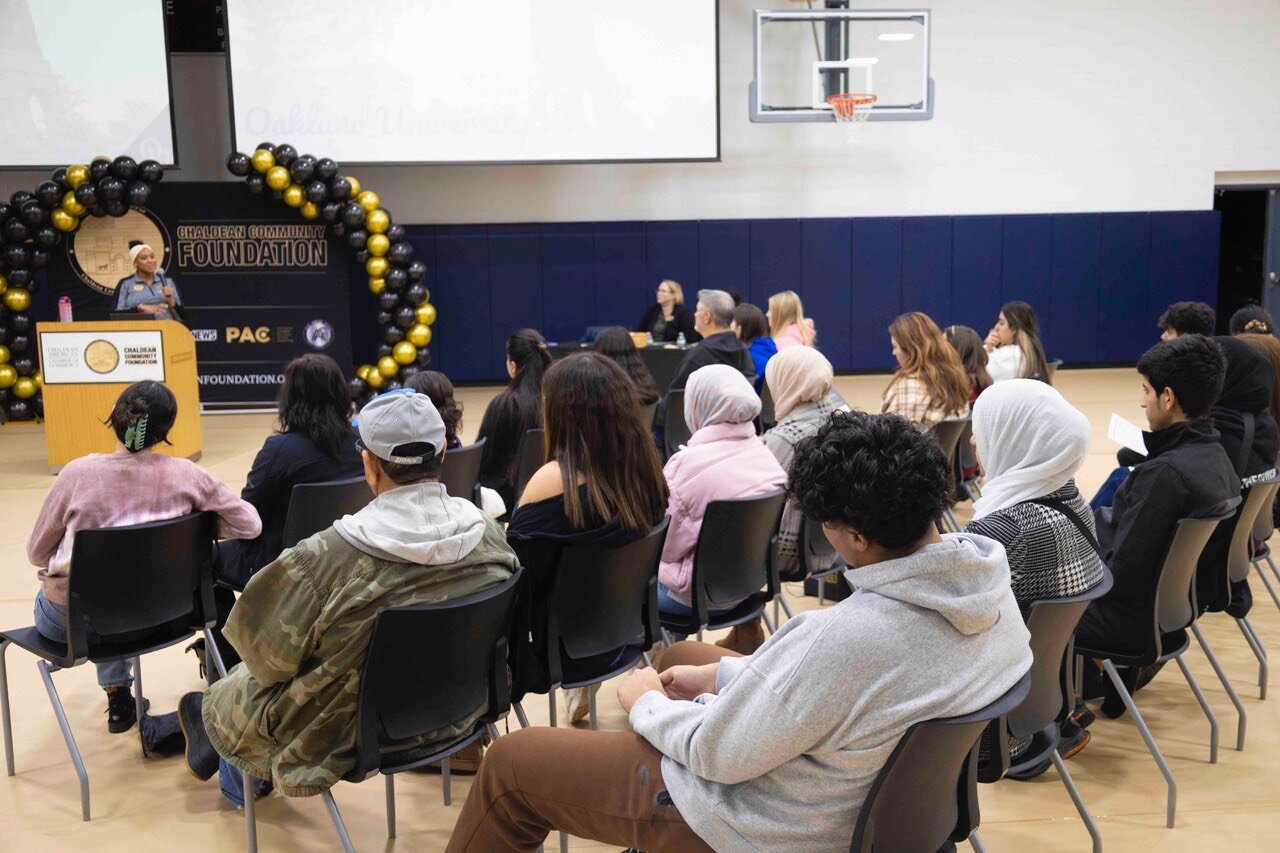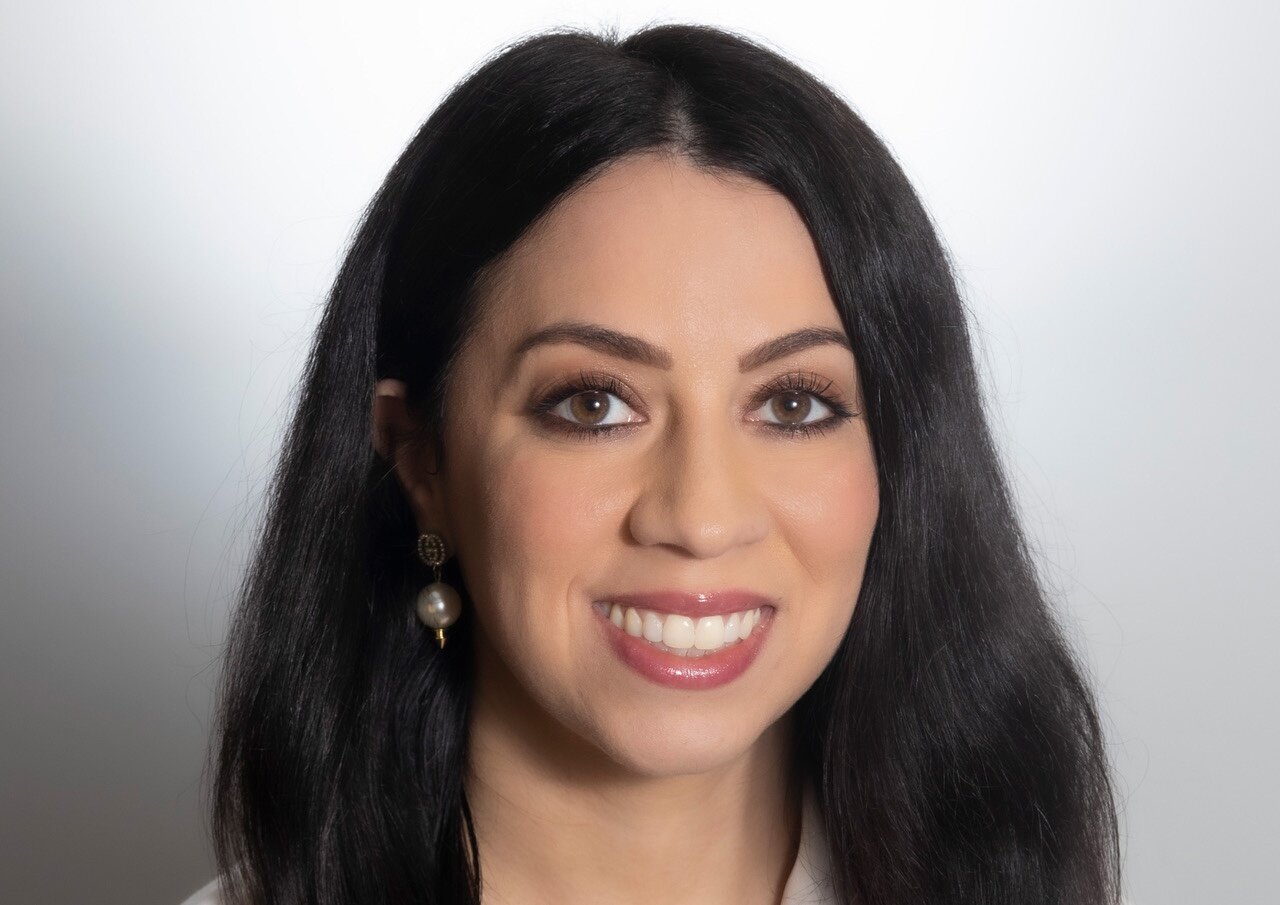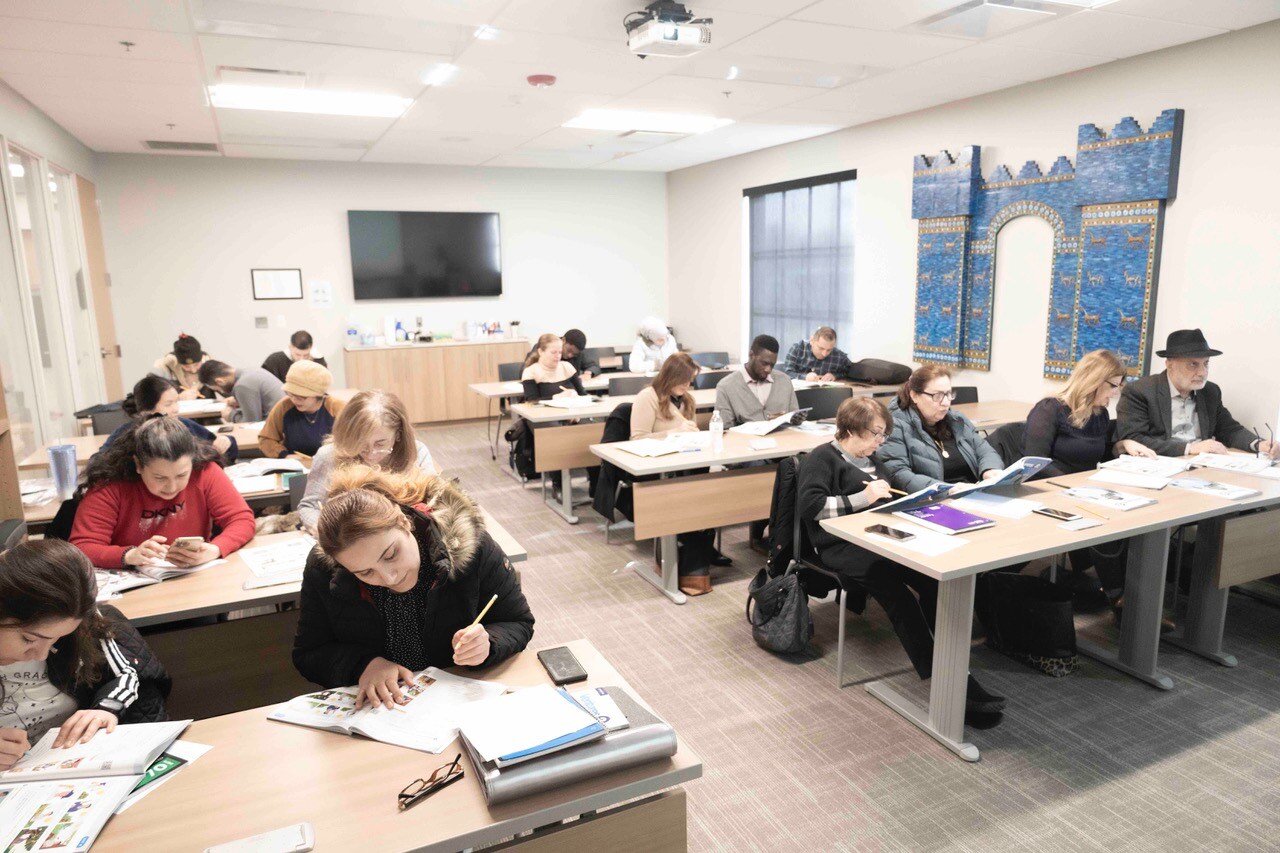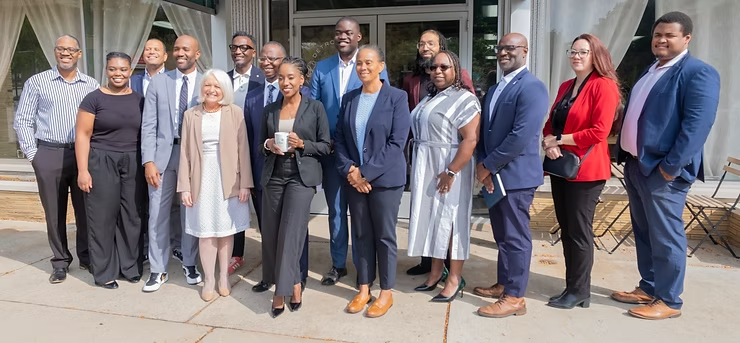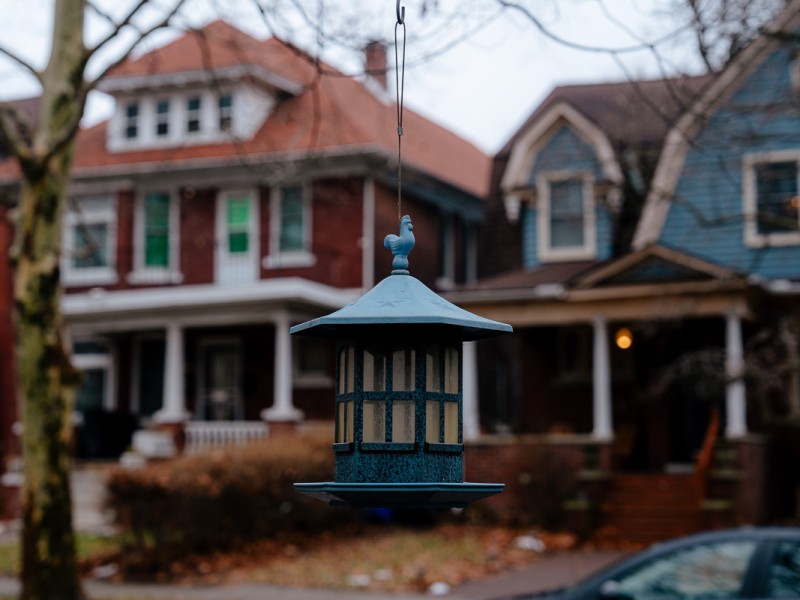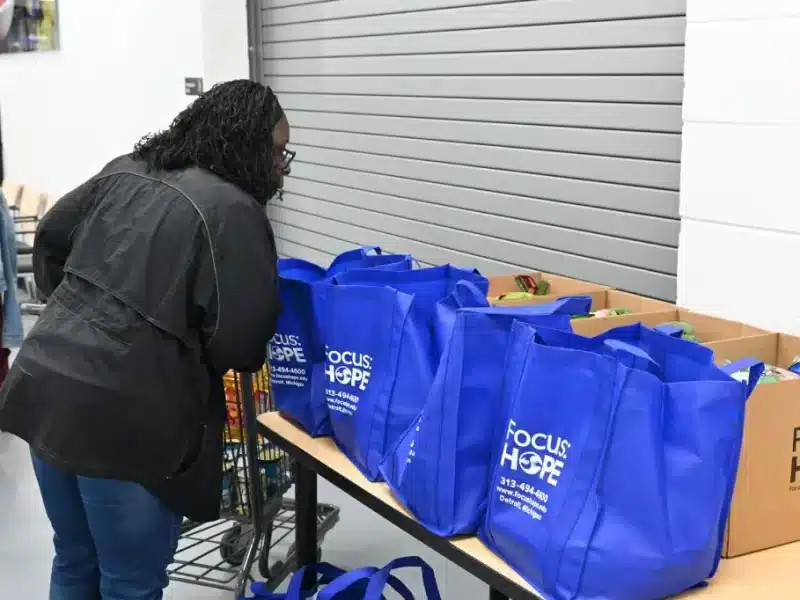Help for new arrivals to metro Detroit
Despite its name, the Chaldean Community Foundation has served clients from 59 different countries with citizenship classes, immigration assistance, and more. Programs are aimed at helping people navigate systems so they can feel at home in heir newly adopted country.
Leaving the place you’ve always called home, whether by choice or necessity, and going somewhere else with a different language and culture can be an extremely disorienting experience.
The Chaldean Community Foundation in Sterling Heights provides a welcoming place to connect for anyone who is newly arrived here, whether they are Chaldean or not. In fact, says Stacy Bahri, strategic initiatives manager for the foundation, 20 percent of the people served are not Chaldean. In fact, they served people from 59 countries last year.
The foundation began in 2006 as an offshoot of the Chaldean American Chamber of Commerce, serving as a nonprofit human services agency for newly arrived individuals. It serves clients from throughout the Metro area with numerous programs, including bilingual mental health services, housing assistance and health care. However, the focus has always been on newly arrived individuals.
“What led to the establishment of the organization was the US-led invasion of Iraq in 2003,” says Bahri. “In 2007 is when we saw the largest influx of Chaldean refugees make their way here to southeast Michigan, and one of the reasons we opened our office was to meet the needs of that community.”
Chaldean Community Foundation provides services to people with developmental or intellectual disabilities, as well as mental health treatment, regardless of insurance status. As a larger proportion of its clientele are refugees, who had to flee their homeland for fear of religious persecution, versus immigrants, who come here looking for more opportunity, the need for mental health services and trauma-informed care has grown. Every therapist on staff speaks English along with at least one other language, so that clients can communicate effectively and begin to heal.
A centerpiece of the foundation is the New American Acculturation Sustainability and Training Program. It provides citizenship classes, immigration assistance, and even job training and resume building services, so that people can settle into their new homes quickly and begin the process of becoming Americans.
People who go through the citizenship preparation program boast a 98 percent success rate with their citizenship interview. In 2023, the team filed 1,782 immigration applications.
As part of helping people adjust to their new home and understand the way things work here, the foundation hosts a number of events with local partners that connect them to resources and learn about their new community.
An annual back-to-school event with Warren Consolidated Schools allows families to meet district staff and learn about the way the schools operate. The foundation also hosts Citizenship Day, happening on Sept. 17, where the Sterling Heights City Clerk’s office demonstrates the voting process for new citizens and registers them to vote.
One important partnership is with the local police departments. Bahri explains that in the old country, law enforcement and government institutions were more feared than trusted. “The police come in and provide different emergency training to the community; helping the community understand the role they play here in the community is important,” she says.
Essentially, the work is about empowering new arrivals with the knowledge and skills to find success and feel at ease in their adopted homeland. It’s teaching them how to navigate systems and learn how to be their own advocate “because the clients who we are working with don’t really know how to advocate for themselves, they don’t really know the right questions to ask,” Bahri says.
“That’s why it’s important for organizations like ours to exist. Our team is really helping to be an advocate for these individuals, to help them to understand systems and understand processes to really help to put them on a path to be stable.”
This story is part of our Nonprofit Journal Project, an initiative focused on nonprofit leaders and programs across Metro Detroit. This series is made possible with the generous support of our partners, the Ralph C. Wilson Jr. Foundation, Michigan Nonprofit Association and Co.act Detroit.
